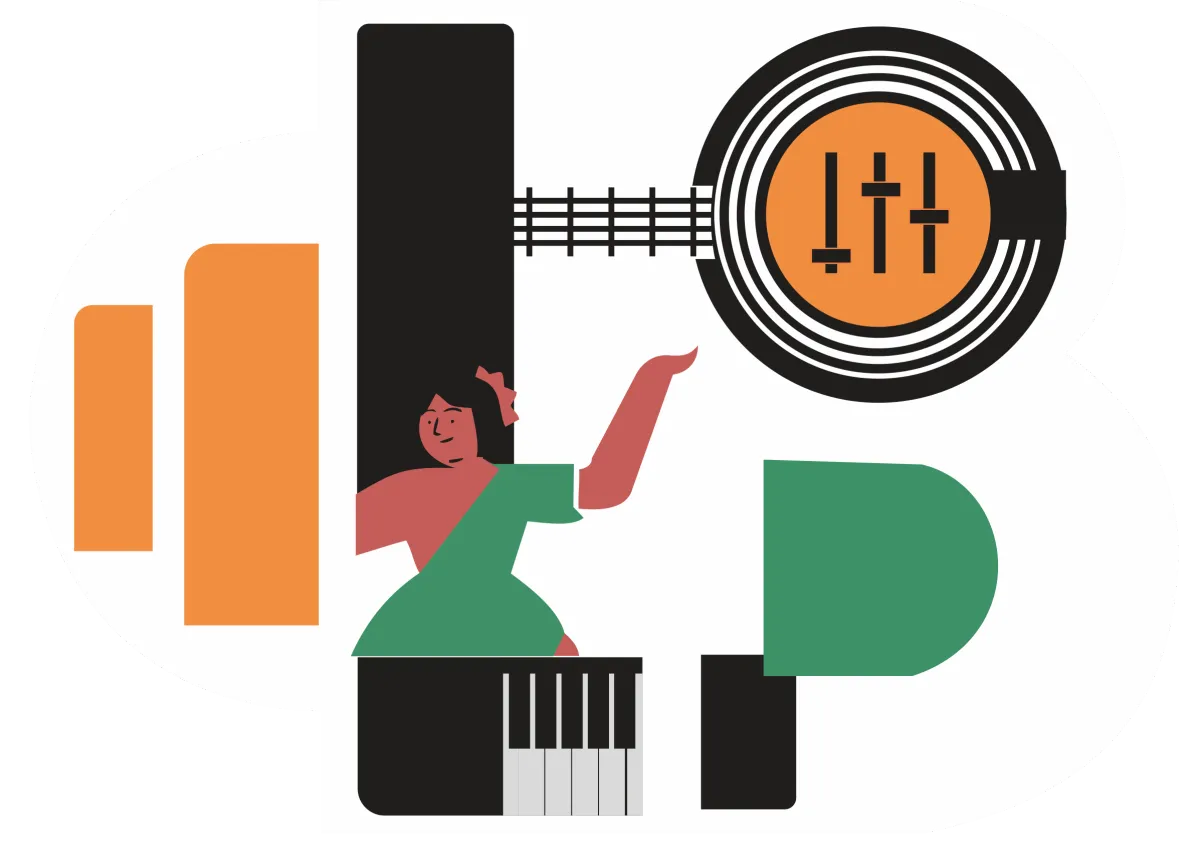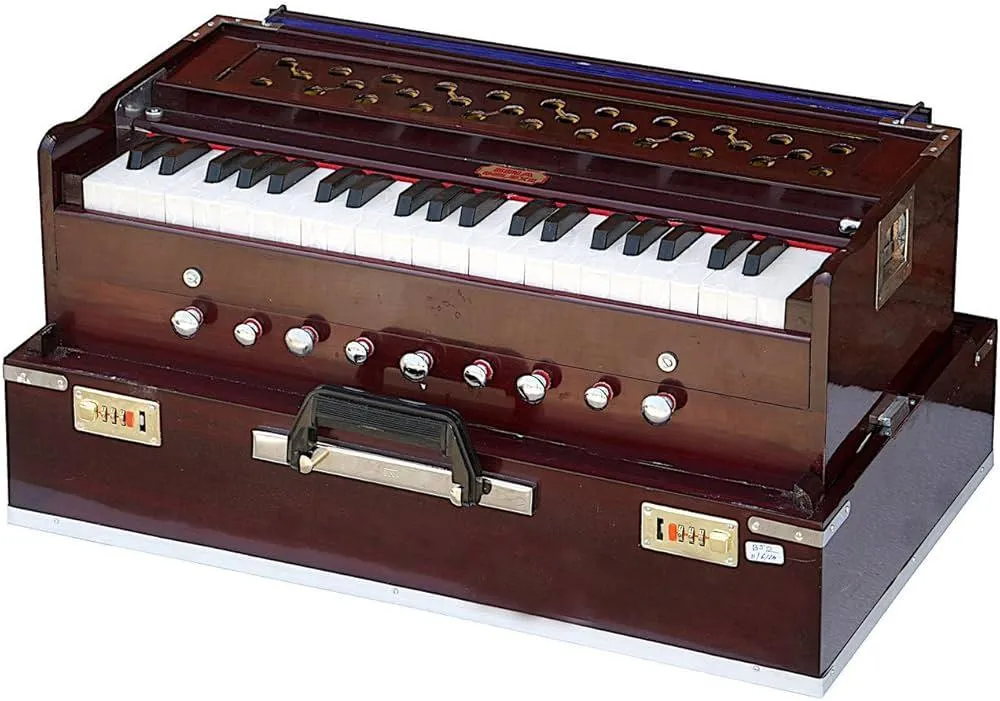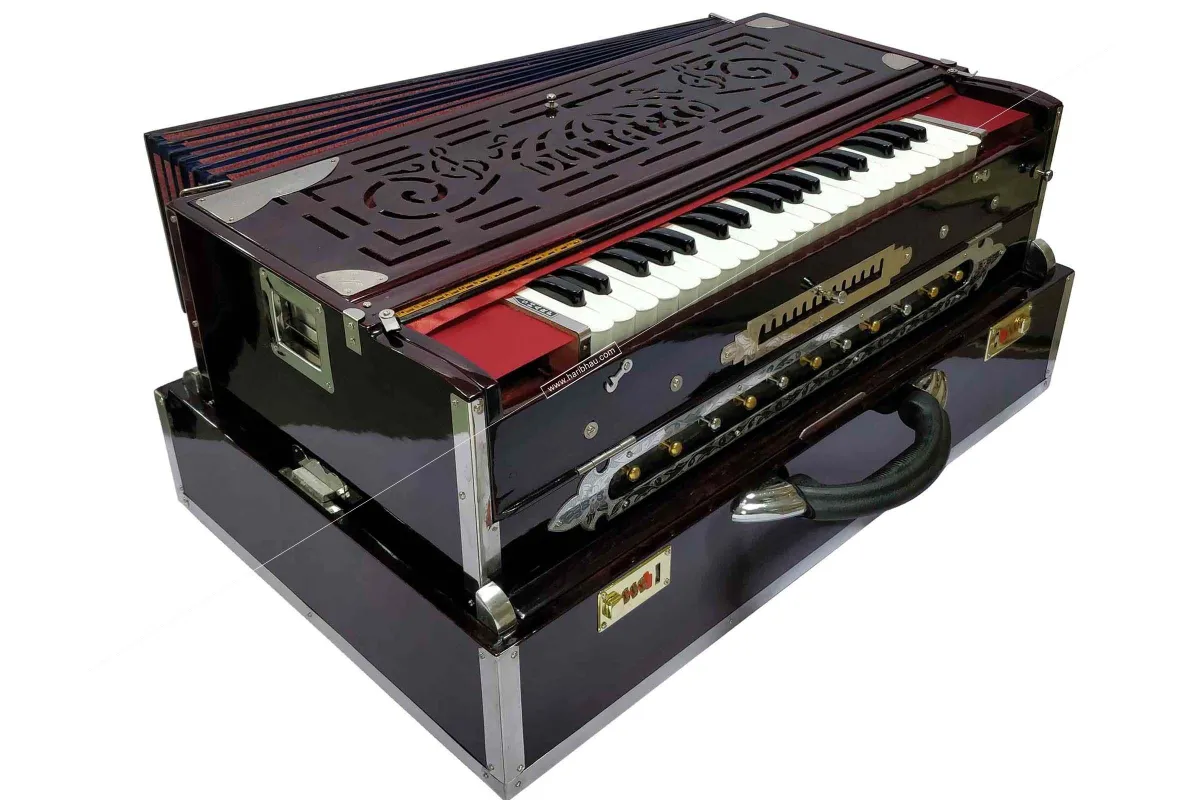
MUSIC SCHOOL
HARMONIUM
CLASSES
IN VAISHALI(GHAZIABAD)
FOR
ALL
AGES
EXAMS CONDUCT BY

Established in 1939, Gandharva Mahavidyalaya is one of the oldest and most distinguished cultural institutions of Delhi. Its role in imparting training to entire generations of music lovers and bringing Indian classical music and dance into the cultural mainstream is well acknowledged. It was founded by Pandit Vinaya Chandra Maudgalya, and is currently headed by Pandit Madhup Mudgal.

Your Paragraph text goe
Prayag Sangit Samiti
was established in the year 1926 with a view to popularize and teach Indian Classical music amongst the masses in India. This institution is registered under the Indian Societies Act (Act No.XXI of 1860). The basic object of the Samiti has always been to revive the prestige of the art of music comprising vocal music, instrumental music, dance and to organize systematic training in this art in India and also in foreign countries, besides reaching it to people at larges Lorem ips
About Harmonium
The harmonium is
a keyboard instrument, similar to a reed organ, that produces sound by blowing air through reeds.
It's a popular instrument in the Indian subcontinent, especially for accompanying folk, classical, Sufi, and ghazal music.
The harmonium was introduced to India in the late 19th century, possibly by Western traders or missionaries
Key features and uses:
Indian Music:The harmonium is widely used in Indian music, particularly for folk, classical, Sufi, and ghazal styles.
Devotional Music:It's also a staple in devotional music, such as kirtan, bhajan, and qawwali, across various religions.
Portability:Indian harmoniums are often designed to be smaller and more portable, making them suitable for different settings.
Shruti Box:A related instrument, the shruti box, is a keyless harmonium used for producing drones to support other soloists
Types of Harmonium
portable harmonium

A portable harmonium is
a smaller, more lightweight and foldable version of a standard harmonium, designed for ease of transport and use during travel or performances
Scale Changer Harmonium

The scale changer
enables you to shift the pitch by one or two scales down, but you still play from the same key. Professional musicians use scale-changer harmoniums to adjust the pitch of the notes while singing/performing. So that without retuning the instrument they could produce different pitches.
Other Information:
harmonium, also called a "reed organ" or "pump organ", is a
keyboard instrument
that is a lot like an
organ.
It makes sound by blowing air through reeds, which are tuned to different pitches to make musical notes.
In a foot-pumped harmonium, the player presses two
pedals with their feet, one at a time.
This is joined to a mechanism
which operates a bellows, sending air to the reeds
The hand-pumped harmonium was created by Dwarkanath Ghose so that the instrument could be played while the player was sitting down on the floor. It is used in Afghanistan,Bangladesh,
India,Nepal,Pakistan, and in other South Asian countries as an accompanying instrument inHindustani classical music,
Sufi Music, Bhajan and other devotional music, Qawwali,
Natya Sangeet,